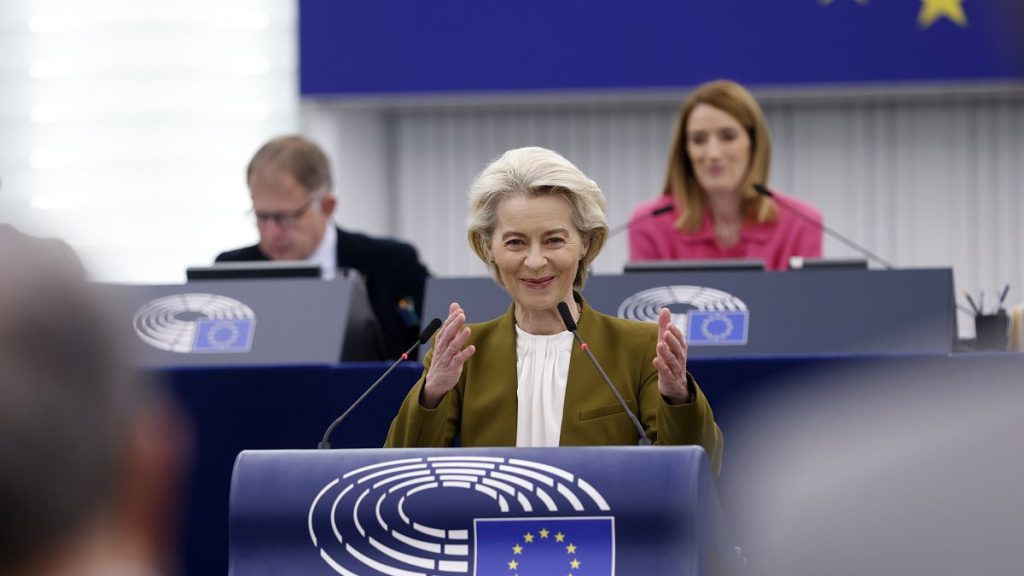Twenty years ago, the European Union experienced its largest enlargement round to date, with ten states joining the bloc on May 1st, 2004, including seven countries beyond the former Iron Curtain. This significant event, known as the “Big Bang,” was celebrated quietly this year by the European institutions in Brussels, Strasbourg, and Luxembourg. EU Council President Charles Michel emphasized the importance of enlargement for the EU’s future, as it helps prevent the emergence of a new Iron Curtain and fosters stability and economic development in neighboring regions. However, the likelihood of countries like Serbia, Georgia, or Ukraine joining the EU anytime soon remains uncertain. Despite the significance of enlargement, it has not been a major topic in the ongoing European Parliament election campaign.
As the election campaign gains momentum, speculation has emerged about potential new political alliances, particularly between center-right and far-right parties. Commission president Ursula von der Leyen mentioned that the alliance would depend on the parliamentary composition and party affiliations. Italian Prime Minister Giorgia Meloni expressed interest in collaborating with von der Leyen’s European People’s Party, aiming to shift European policies’ direction. Polls indicate an increase in nationalist and populist party support, leading to predictions of a right-wing dominated European Parliament. However, a recent analysis by the European Council on Foreign Relations highlights existing divisions within the far-right parties, suggesting significant cracks in the anticipated right-wing block.
The analysis by the European Council on Foreign Relations showed deep divisions among Europe’s far-right parties, especially concerning their support for Ukraine. While some parties, like Alternative for Deutschland in Germany or Geert Wilders’ party in the Netherlands, are less supportive of Ukraine, others, such as Polish Law and Justice or Italy’s Giorgia Meloni, strongly back Ukraine. The focus on repairing Europe from within rather than advocating for a hypothetical exit from the EU has become more prominent among far-right or Eurosceptic parties. With election day approaching, countering the far-right requires pro-European parties to mobilize their electorate effectively and clearly communicate the importance of the upcoming elections.
As the European Song Contest in Malmö approaches, Swedish security authorities are facing significant challenges, as outlined in a classified 23-page report. The event poses serious threats, including cyber-attacks, denial-of-service attacks, civil unrest, and potential violent Islamist terrorist activities targeting Sweden. Major protests against Israel’s participation in the contest are also anticipated. Despite these challenges, Swedish authorities are confident in their preparedness for various scenarios and are striving for a smooth and safe execution of the European Song Contest. Additionally, they hope that Sweden does not win this year’s event, allowing another country to host the competition next year.


